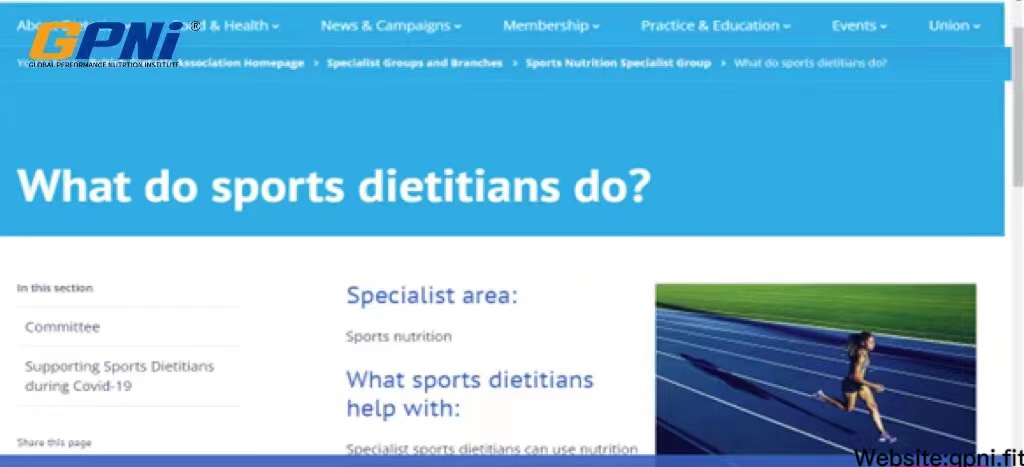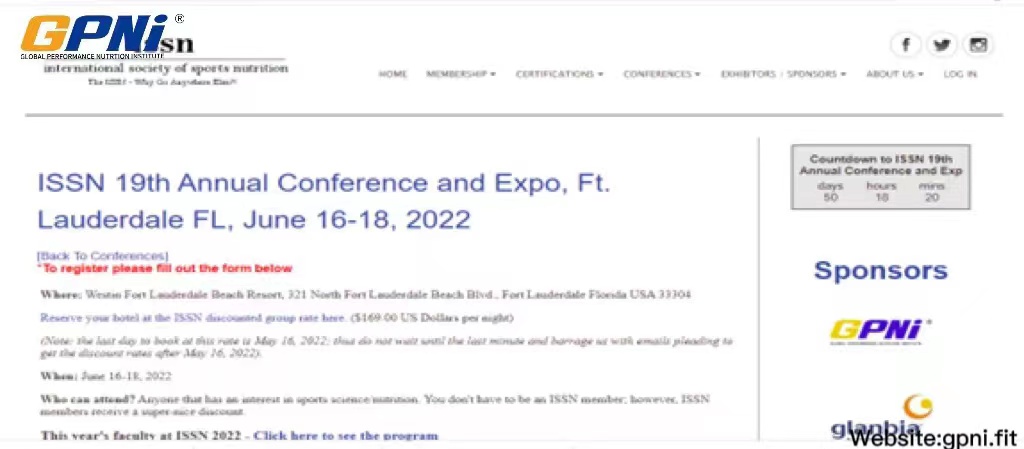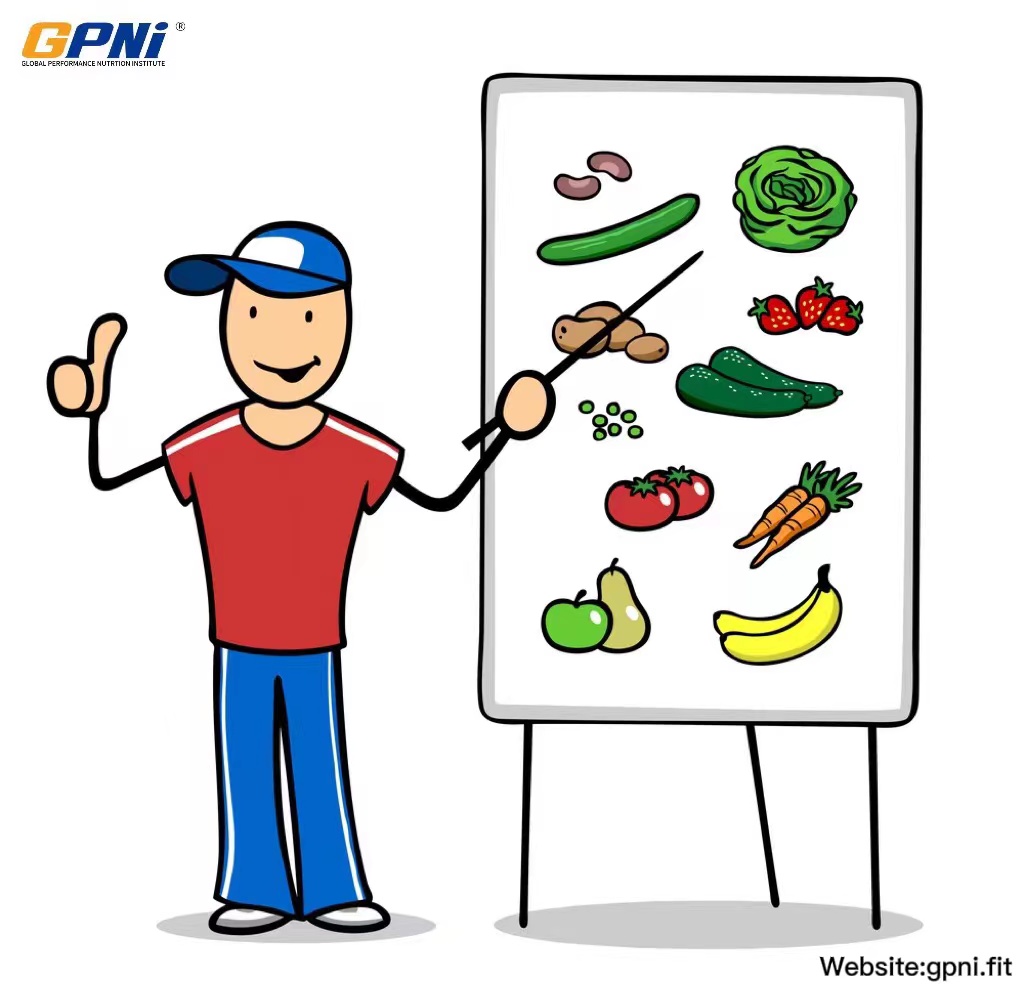
A sports nutritionist works with professional athletes to help create a diet plan that allows them to perform optimally. Athletes are generally very particular about their diet and usually get professionals to assist them in optimizing their performance, recovery, and “making weight.”.
This article discusses ways to becoming a sports nutritionist, alongside other essential information about the field like what a sports nutritionist does and the difference between a sports nutritionist and a general nutritionist.
What does a sports nutritionist do?
Sports nutritionists work with athletes and those generally involved in sports to develop a dietary plan that helps them to perform optimally in their sports. Sports nutritionists recommend and develop diet plans based on the sports and goals of the athlete. For instance, an athlete who is prone to injuries and is looking to prevent them will receive a different plan from one who wants to improve flexibility. Also, it is expected that a soccer player will require a different diet plan to an Olympic swimmer. Formulating a dietary plan for athletes usually involves listening to the needs and lifestyles of athletes and then recommending unique plans that suit the specific context of such athletes.
On a general note, sports nutritionists develop dietary plans that help athletes build, repair, or heal muscles. Another function of a sports nutritionist, as noted by the Association of UK Dieticians, is to give unbiased and informed decisions to athletes concerning sports supplements. Advising professional athletes also needs to ensure that their dietary supplements are 100% absent from banned substances on the WADA list that may be in trace amounts in food or supplements.

Read complete information on the functions of sports nutritionists here: https://www.bda.uk.com/specialist-groups-and-branches/sports-nutrition-specialist-group/what-do-sports-dietitians-do.html#:~:text=Sports%20dietitians%20help%20athletes%20develop,athlete%20may%20want%20or%20need.
A sports nutritionist may work with a professional sports team or privately for an athlete.
What’s the difference between a sports nutritionist and a general nutritionist?
The significant difference between a sports nutritionist and a general nutritionist is that a sports nutritionist serves a specific population while others do a general population. This implies that sports nutritionists are usually vast in different fields beyond just diet and nutrition, such as physiology. They have to understand the human body, especially as it concerns athletes, and learn the best diets and nutrients that apply.

A general nutritionist may be able to give general advice to an athlete on losing weight or improving their health. Still, a sports nutritionist will be required for specific fitness goals that optimise performance and body structures.
What are the requirements to become a sports nutritionist
1.Get Certified – Master Level-2
The, Performance Nutrition Expert (PNE) Level-2 Masters, With the CISSN by the GPNi®. The CISSN stands for Certified Sports Nutritionists. The acronym, CISSN is recognized by many academics and is for those really wishing to be recognized globally to be at the top in your field. This certification is for high-level coaches, nutritionists, and dieticians that wish to have a laser focus on the most up-to-date research-backed studies.
Students looking to study for the CISSN would ideally have 5years prior experience and be SNS Level-1 qualified or another relevant tertiary degree. The certification is for those that wish to work with the amateur and/or professional athlete population. With course content elements of the course ranging from professional weight cutting to banned in sports regulations and ensuring your athlete remains healthy and safe.
This certification is recognized as top-level in sports nutrition certifications globally. The GPNi® is the official partner and has the exclusive online course for the CISSN with “live” classes to work with some of the top experts in the world.
The CISSN certification by the GPNi® is available now in English, Chinese, and other languages launching soon.
2.Experience
Experience can come in the form of internships or actual job roles. Experience gives practical knowledge of sports nutrition, and it is a requirement for taking licensing exams in some jurisdictions.
3.Seminars, workshops, and academic conferences
Another key ingredient in becoming a sports nutritionist is attending events designed for the learning and networking of sports nutritionists and those involved with them. Top bodies and private individuals organise several seminars, workshops, and conferences. For instance, the International Society of Sports Nutrition organises an annual conference. This year’s edition is scheduled to hold in June, and it will be the 19th edition of the meeting.

Find out full details concerning the ISSN conference here: https://www.sportsnutritionsociety.org/ConferencesDetails.php?IDconf=110.
Depending on your location, you could also find seminars and workshops organised by national and state bodies. Online conferences and workshops also count.
4.Reading Journals
If you are serious about being a sports nutritionist, you can’t neglect journals concerning the field. Journals help keep you up-to-date on recent developments, provide fresh and quality perspectives, and sharpen your knowledge base on sports nutrition. Some of the best journals you can start reading on sports nutrition today include:
- Journal of the International Society of Sports Nutrition
- Journal of the Academy of Nutrition and Dietetics
- Journal of the American Dietetic Association
- American Journal of Clinical Nutrition
5.Everything You Need to Know about Level-1
The Performance Nutrition Expert (PNE) Level-1, with the ISSN-SNS certification. The SNS stands for Sports Nutrition Specialist from the International Society of Sports Nutrition (ISSN). It has been one of the leading international certifications for coaches in sports nutrition for the past 19years. This certification is for personal trainers or other fitness professionals who do not hold a 4year university/college degree.
Recognized as the leading researchers and pioneers in the sports nutrition field, the ISSN, together with the certifications are considered by many the top in sports nutrition. The GPNi® is the official partner and has the exclusive online course for the SNS certification with on-demand content for easy to learn, together with “live” classes to work with some of the top experts in the world.
The SNS certification by the GPNi® is also available now in English, Chinese, Japanese and other languages launching soon.
Although no formal postsecondary course work is required, candidates are expected to have a working knowledge of basic exercise training, general nutrition, sports supplements, and are familiar with the ISSN’s current Position Papers.
The SNS Certification, together with the Performance Nutrition Expert (PNE) is a mid-level sports nutrition certification. Depending on the level of a person’s prior knowledge and experience, all will find the content extremely thorough and boost your knowledge.
For those at an early or moderate stage in your sports nutrition or coaching career, this is an ideal foundation course, to begin with, but will give you a mid to high-level firm foundation at the same time.
For those looking to take their career to the highest level, begin with the GPNi® PNE Level-1 with, with SNS and work towards the PNE Level-2 Masters, with CISSN over time to be recognized amongst your peers to be at the top of your game. Start at growing your career with the GPNi® and continue to ascend one step at a time!

6.Everything you should know about the CISSN certification
CISSN is not one level above the SNS program, however many levels above. It should only be applied by those that are very serious about their career, study, and eligible to do so.
CISSN is recognized by many academics and Universities in the world. You will often see Ph.D. experts using the “CISSN” acronym next to their name, which is, therefore, one of the most recognized and respected sports nutrition certifications in the world today.
The CISSN certification is internationally recognized as one of the highest levels of sports nutrition for academics and universities globally. To be eligible in applying there is a very strict policy:
1. You will need a minimum of 5 years of relevant experience in sports nutrition and coaching.
2. You will need to have a degree from a recognized University in nutrition or physiology-related fields or completed the SNS by the GPNi® prior.
If you do not yet qualify you can begin at the SNS certification or enquire about the “GPNi® Masters Pack” which is a combination of SNS+ CISSN certifications combined. You will begin with SNS and once qualified immediately begin CISSN when you are ready to do so. The GPNi® Masters Pack is one of our most popular choices by students of the world as it allows students to fast-track their careers and qualifications.
To check your eligibility or to ask questions please Contact Us for more information.
7.The Difference Between Level-1 & Level-2
The PNE Level-2 Masters, with CISSN , by the GPNi®, is far more advanced and is the preferred certification for those who wish to provide more detailed sports nutrition information to their clients and professional athletes. The PNE Level-1 with SNS is a critical foundation course for those at an earlier stage in their career, or who need a foundation to begin in performance nutrition.
The PNE Level-1 focuses more on the applied aspects of sports nutrition and is meant for those who do not have a strong foundation in place and need to learn the fundamentals first.
Through the GPNi®, PNE Level-1 is a prerequisite in being able to apply for CISSN Masters also. Only those that have completed the SNS (Level-1) Certification program, or have a relevant degree in nutrition can apply for the PNE Level-2 Masters, with CISSN .
For those that wish to do the CISSN , that are not yet qualified, you can get into Contact Us to learn about the “Masters Pack”, which includes both the PNE Level-1, with SNS, also PNE Level-2 Masters, with CISSN together. The GPNi® Masters Pack helps fast-track you with your career and qualifications, also has some moderate discounts for the pack as well for both.
Conclusion
Sports nutritionists do essential work with athletes and those involved in sports. If you have a flair and interest in the field, the steps highlighted above will help you become licensed, certified, knowledgeable, and recognised as a sports nutritionist.
To prepare for the ISSN certification exams, you can get learning resources on the GPNi® platform.







